The growing problem of online shopping fraud – and how to avoid it
Jenny was excited – after spending hours online searching through second-hand marketplaces, she’d finally found the smartphone her daughter back in the Philippines had been asking for.
The seller, named Sam, seemed friendly; he was quick to respond to Jenny’s Facebook messages and was happy to answer her many questions about the phone. “Tinanong ko siya kung kelan niya binili, may charger ba, at kung pwede bang gamitin sa Pinas,” [I asked him when he bought the phone, whether it had a charger, whether it could be used in the Philippines] Jenny recalls.
“Parang maayos naman na kausap yung Sam na yon; nagpadala pa ng video na gumagana yung phone tapos tinanong kung saan ako na MTR station malapit, doon nya ihahatid yung phone.” [It seemed like Sam was a decent person to talk to; he sent a video of the phone in working order and even asked which MTR station was closest to me so he could bring the phone there.]
Although the phone was expensive, Jenny knew how happy it would make her daughter – she was already imagining the huge smile on her face when she received it. So, she decided to buy it, transferring $3,200 to the account details Sam had provided. Moments later however, as she tried to message Sam with the payment confirmation, she realised he had blocked her account on Facebook. Confused, she tried the WhatsApp number he had provided – also blocked. Her heart sank as she suddenly realised what had happened. Jenny had been scammed.
Sadly, cases of online shopping fraud are increasingly common, with scammers using the anonymous nature of the internet to masquerade as legitimate online sellers, luring unsuspecting shoppers to part with their hard-earned cash.
“If we were paying full price, it would’ve cost us more than HKD 9,000, but she said it was all 50% off, so we transferred the HKD 4,500 to her. When it was almost the check-in date, we tried to get in touch with her, but her mobile number was already disconnected “– Analyn
The scam that Jenny was a victim of involves the use of social media platforms to set up fake online stores. Fraudsters post fake items on different online platforms (e.g. Facebook, Instagram, Carousell), claiming to sell the items in good condition and for an attractive price. Unsuspecting buyers are requested to deposit payment via mobile electronic payment platforms like Alipay or WeChat Pay, though as soon as the deposit is collected, the fraudsters disappear without a trace.
Some scams are even more sophisticated, such as fake retail websites, which are set up by fraudsters to mimic genuine online stores. Such sites often use the latest technology, design trends, and layouts to create a seamless and realistic user experience; they may even use stolen logos and familiar-sounding domain names in an effort to make them appear indistinguishable from their genuine counterparts.
According to ADCC crime figures, there was a 9.6% increase in e-shopping fraud cases from January to October 2023, compared with the same period in 2022. However, the total amount of money lost to these schemes during that period – HKD 156.7 million – is even more telling, representing an eye-watering 168.3% increase versus the previous year.
In celebration of their 40th birthdays, Analyn and her friend wanted to go to somewhere special. Analyn scoured booking websites and travel agent profiles on Facebook looking for ideas, until she came across a social media post in a mum’s group, posted by a ‘Ms. Chan’.
“Gusto ko naming maging special ang celebration kasi pareho kaming mag-40. Kaya nang makita ko yung 50% deal para sa Disneyland hotel and park tickets, nag-PM ako kaagad doon sa Ms. Chan na yan. Akala ko talaga malaki matitipid namin,” [We wanted our celebration to be special as we were both going to turn 40. That’s why when I saw the 50% off deal for Disneyland hotel and park tickets, I sent Ms. Chan a private message. I really thought we were going to save a lot] Analyn says.
“We booked two hotel rooms and eight park tickets; Ms. Chan even told us she would give us a few meal vouchers to use in the park. If we were paying full price, it would’ve cost us more than HKD 9,000, but she said it was all 50% off, so we transferred the HKD 4,500 to her. When it was almost the check-in date, we tried to get in touch with her, but her mobile number was already disconnected”, Analyn shares.
“Sobrang lungkot namin noong birthday namin dahil nadale yung pinaghirapan naming kitain na pera. Sa hirap kumita, huwag tayong magpaloko,” [We were very sad on our birthday because we got cheated out of our hard-earned money. It is so difficult to earn a living, let’s try not to get scammed], she ends with a sigh.
Working abroad can be challenging and every dollar we earn is precious. In today’s increasingly digital world, it’s therefore essential to arm ourselves with the right information and be cautious about who we interact with on the internet. Check out our ‘Be shop-wise!’ section above for some top tips to help keep you – and your money – safe when shopping online!
Be shop-wise!
So, how do we prevent falling victim to these unscrupulous fraudsters? Here are a few tips for staying shop-wise online.
STOP & QUESTION
· Before making an online purchase, ask yourself:
· Is the offer too good to be true? Are there any potential red flags?
· Are you being asked to share personal data?
· How are you being asked to pay? Is there a risk of losing your money?
VERIFY
· Take steps to verify who you’re dealing with:
· Wherever possible, only buy through established and reputable sellers
· Check out the seller’s profile for possible red flags:
· Newly created profiles
· Minimal posts or account activity
· No physical address or contact number
· Complaints from previous buyers (try Googling the name of the shop/seller)
· When buying second-hand, arrange mutual exchange of goods and payment in person wherever possible
· Buy tickets through licensed distributors or sellers; it is difficult to verify the authenticity of a ticket from a scalper (illegal ticker reseller)


















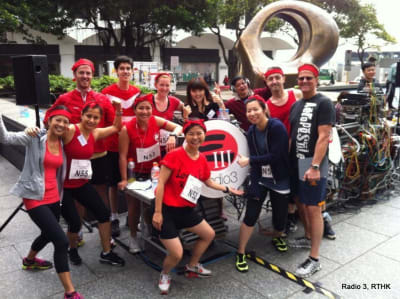

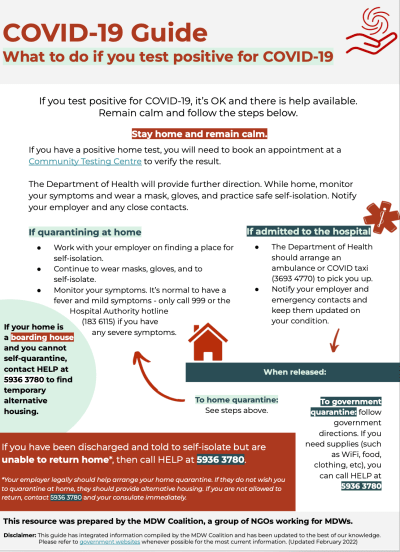



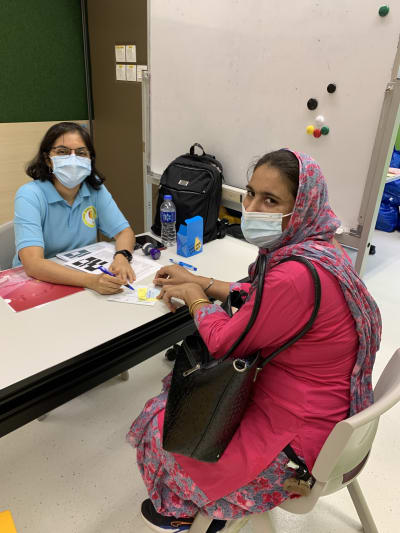





9dde49c3be6bac6166d59fb7abf39532)







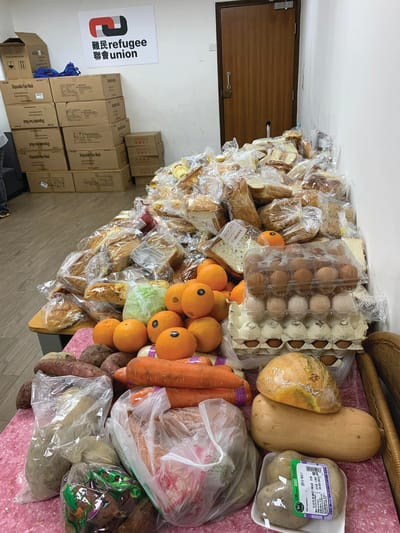








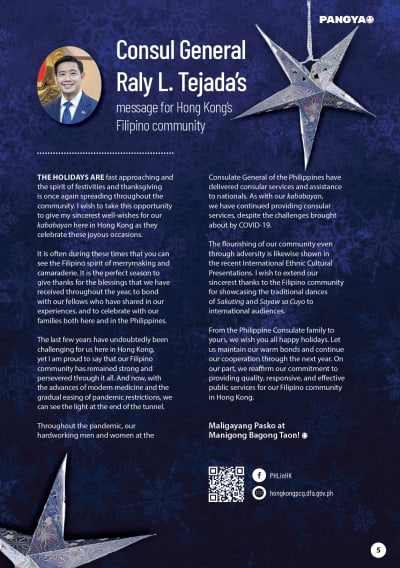















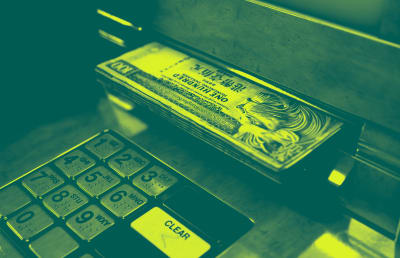

 (1)4b7355993ca6165c683913d00254e725)
6c2435b2dd0927f22b3222b88d21fb70)
